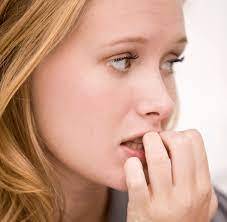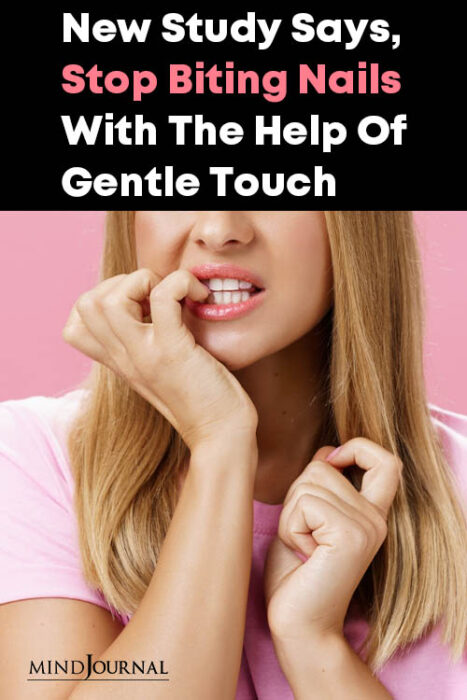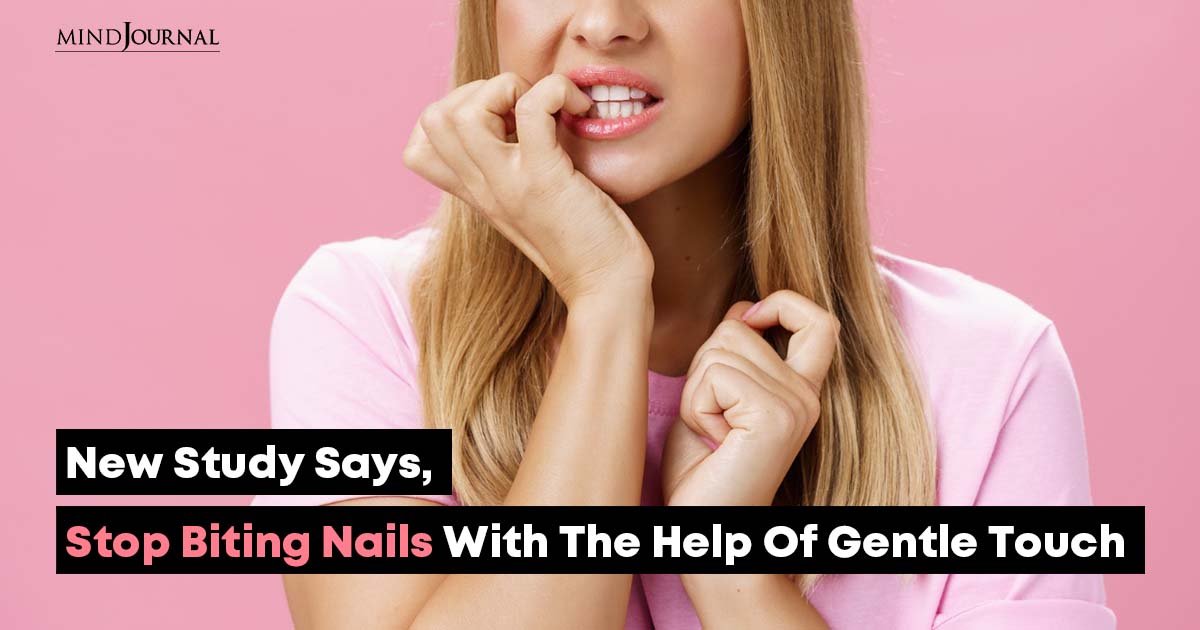According to a recent study published in JAMA Dermatology, gentle touch could stop biting nails, especially in individuals struggling with body-focused repetitive behaviors like biting nails or picking skin may find relief through a simple technique known as habit replacement.
These compulsive behaviors, affecting approximately 5% of the global population, can lead to scabs, scars, and bald spots. The research suggests that habit replacement could offer a potential solution to reduce these harmful behaviors which can cause depression, anxiety and emotional distress.
Stop Biting Nails, It Can Be A Problem
If nail biting is resulting in physical harm to your nails, cuticles, or surrounding skin, or if you notice signs of infection like redness, pain, or swelling, seeking medical treatment is crucial.
For individuals experiencing psychological distress due to nail biting, such as feelings of shame, anxiety, depression, or low self-esteem, it is essential to consult a mental health professional.
Addressing these concerns with a professional becomes even more crucial if the behavior is impacting your social life, job performance, or overall professional life.

Habit Replacement
The habit replacement technique involves gently rubbing the fingertips, palm, or back of the arm at least twice a day to stop biting nails. Participants in the study were instructed to perform these gentle touches whenever they felt the urge to engage in the harmful behavior and even during times when they didn’t feel the urge.
Read more here: How To Get Rid Of Bad Habits Using Psychology: 9 Science-Backed Ways
The researchers randomly assigned 268 participants with trichotillomania (pulling hair) or biting nails and picking skin behaviors into two groups. One group received the habit replacement training, while the control group was put on a waitlist and received the training after the study.
Results showed that approximately 53% of the participants in the treatment group experienced some level of improvement, compared to about 20% in the control group. People who bit their nails appeared to benefit the most from this technique.
Moreover, nearly 80% of those in the treatment group expressed satisfaction with the training, and 86% would recommend it to others if they want to get rid of picking skin behavior and stop biting nails.
The habit replacement technique is a variation of other behavioral techniques used for body-focused repetitive behaviors.
Habit reversal training, for instance, involves teaching individuals “competing responses,” where they perform alternative actions that prevent them from engaging in harmful behavior, such as clenching fists when feeling the urge to pull hair or skin-picking.
Another approach, called “decoupling,” involves performing a similar movement but changing it at the last moment, redirecting the behavior away from harm.
The new habit replacement training aims to replace the pleasurable sensation individuals experience while engaging in the harmful behavior with something that is also enjoyable but non-damaging, such as gentle touch.
It encourages individuals to avoid rough or forceful touches and instead recommends nurturing self-care practices like massages, warm baths, or applying lotion.
While the results of this study are promising, it is considered “proof-of-concept” research and requires further validation through larger and longer-term studies.
Read more here: Mental Health Check-In: 2 Quick Self Checks For Improved Well Being
Additionally, the study had some limitations, such as lack of diversity in the participants and recruitment from social media. Nonetheless, this new technique could potentially serve as a helpful self-help tool for individuals waiting for formal treatment or in conjunction with other therapies for body-focused repetitive behaviors.
As more research is conducted in this area and self-help materials are developed, the hope is to narrow the treatment gap and provide support for those affected by these behaviors.









Leave a Reply
You must be logged in to post a comment.